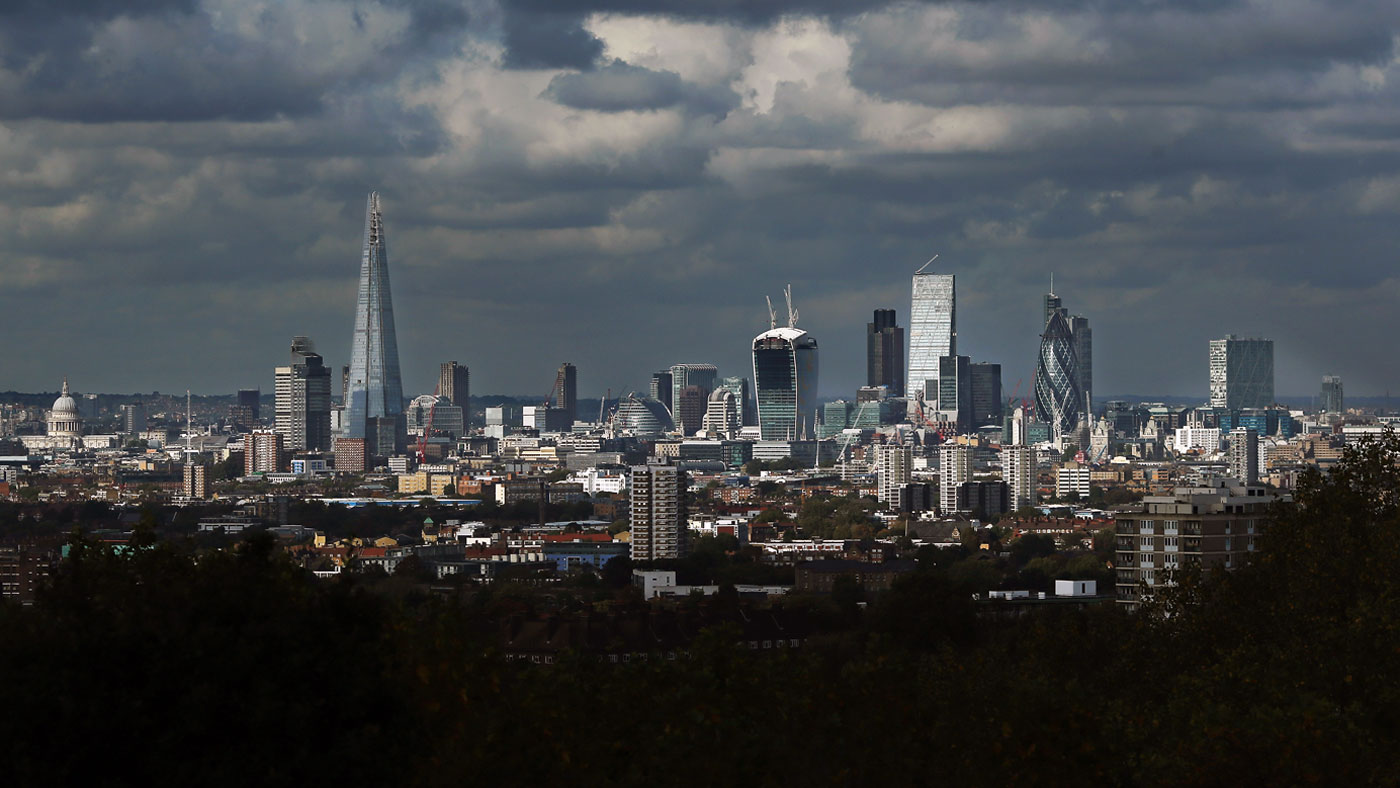The interest rate debate
Is the Bank of England’s apparent volte-face on inflation justified?

A free daily email with the biggest news stories of the day – and the best features from TheWeek.com
You are now subscribed
Your newsletter sign-up was successful
Economists at Bank of America are not doing much “to crank up the Christmas cheer”, said Alistair Osborne in The Times. Having noted the “more hawkish tone over inflation” coming out of the Bank of England (BoE), they’re forecasting a hike to 0.25% in December (from 0.1% now) followed by a further quarter-point rise next February. The City’s bond traders are on the same page. Yields on UK government bonds (gilts) – which tend to mirror interest rate expectations – climbed to “a two-and-a-half-year high” of 1.19% this week. Even if BoE governor Andrew Bailey wants to hold fire, he “may struggle to resist the markets’ push for movin’ on up”.
Bailey has finally conceded that he is “concerned” about inflation being above target. Fellow rate-setter Michael Saunders argues that markets are right to price in a rate rise “significantly earlier” than previously expected. “The language is loose enough to allow all possible outcomes,” said Nils Pratley in The Guardian, “but this already looks like a warming-up exercise.” The good news, for borrowers, is that any move from 0.1% to 0.25% “cannot be called dramatic”. Still, “2022 suddenly looks interesting”. The money markets are already agitated, said Tom Rees in The Daily Telegraph. Fears of stagflation – where prices and wages rise, but economic growth remains sluggish – have “sent bets against the pound soaring”. Trades insuring “against a sterling plunge against the dollar” have jumped sharply, despite talk of higher interest rates, which would normally support the currency. This implies that sterling traders reckon inflation pressures could prove more troublesome in the UK than elsewhere.
Alternatively, said Bloomberg, it may mean currency traders think “the Bank of England is about to make a mistake” – that overzealous efforts to curb inflation will “darken the outlook for growth and consumer sentiment”. Certainly, “the gnashing of teeth about imminent stagflation looks wildly misplaced”. UK growth this year is likely to be above 6% – leading the G7 – and inflation is lower than in the US. The panic looks irrational. “The BoE has been in stimulus mode for too long without having its faith challenged.” But now it seems to have lost its faith “that inflation is purely transitory”. Hiking interest rates isn’t going to lower gas prices, train more truck drivers or produce more microchips. Why respond to “overseas cost-push inflation” with “a blunt demand-side hammer”? The US Fed and the European Central Bank are in “no hurry to rein back stimulus”. Britain looks to be going it alone. Given that the world’s central banks “are, in effect, umbilically linked”, that is “an invidious place for the BoE to find itself”.
The Week
Escape your echo chamber. Get the facts behind the news, plus analysis from multiple perspectives.

Sign up for The Week's Free Newsletters
From our morning news briefing to a weekly Good News Newsletter, get the best of The Week delivered directly to your inbox.
From our morning news briefing to a weekly Good News Newsletter, get the best of The Week delivered directly to your inbox.
A free daily email with the biggest news stories of the day – and the best features from TheWeek.com